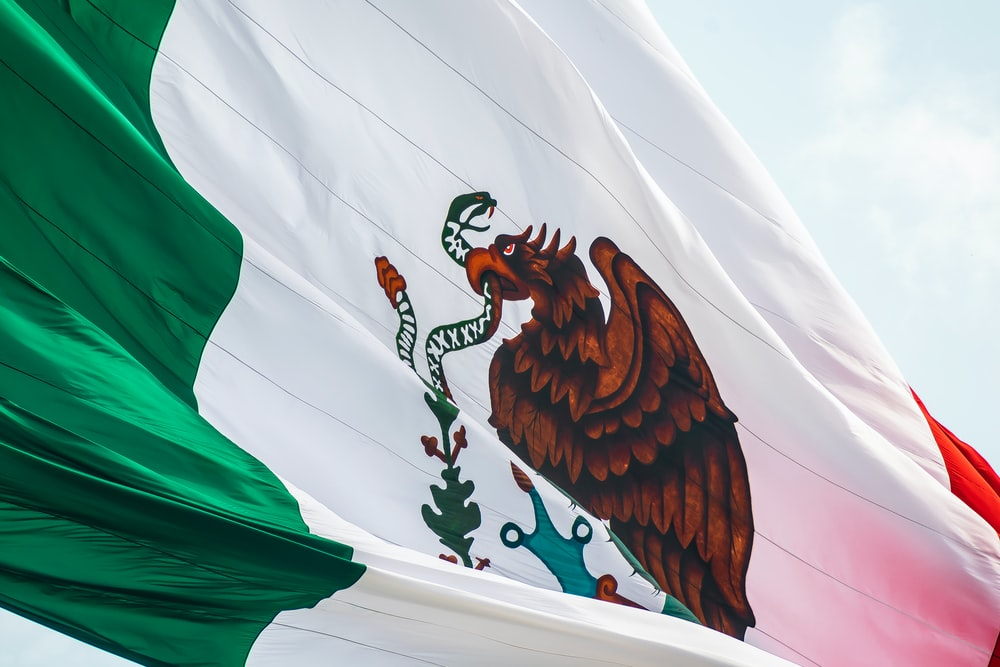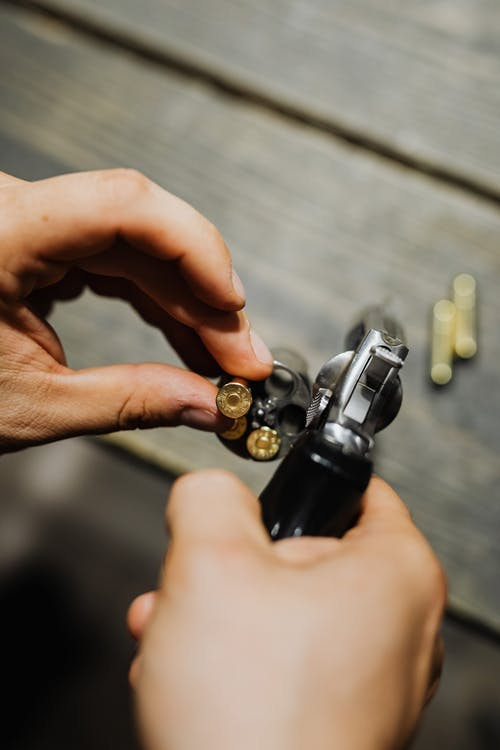A Traveler’s Guide to Mexico’s Laws on Drugs and Firearms
Did you know Mexico is renowned for its extremely strict approach to drugs and firearms cases? The country’s stringent drugs and firearms laws are designed to deter violent crimes committed by its notorious cartels. The penalties for breaking drug laws in Mexico have grown increasingly severe since former president Felipe Calderon declared a war on Cartel drug operations in 2006. Mexican authorities also have severe punishments in place for those that break firearms laws to curb the high number of gun deaths in the country.
So, what does the law say about drugs and firearms in Mexico? What are the penalties for breaking these laws? If you’re curious to learn more, read on!
Here’s a close look at Mexico’s laws regarding drugs and firearms.
Drugs
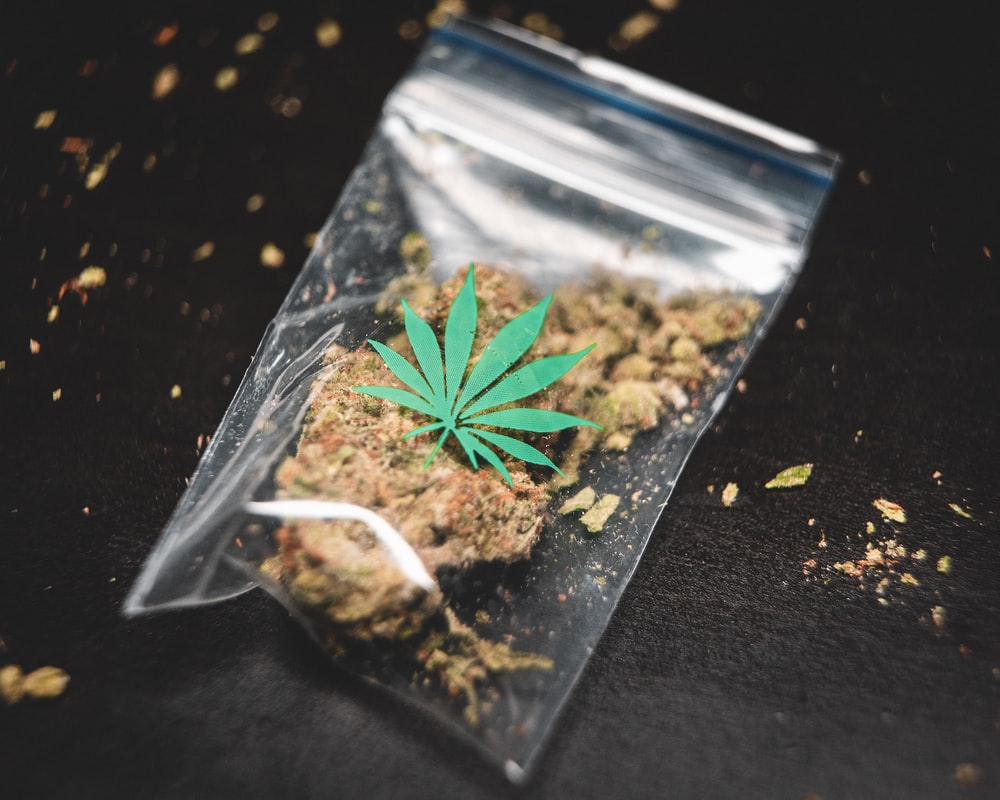
Legal Definition
It’s tempting to assume you know what the term ‘drugs’ means. But did you know the legal definition of this term varies from country to country?
According to Article 193 of Mexico’s Federal Penal Code, the term ‘drugs’ refers to all narcotics, psychotropics, and other substances that alter a person’s consciousness. This includes all derivatives and forms of opium, opium poppies, diacetylmorphine (commonly known as ‘morphine’), heroin, cannabis, and cocaine as per Article 237 of Mexico’s General Health Law. It also refers to any controlled pharmaceutical drugs that are derived from these substances as per Article 234 of Mexico’s General Health Law.
Production & Supply

The penalty for committing a drug crime in Mexico is harsher if you’re charged with drug production and/or supply compared to possession. According to Article 194 of the Federal Penal Code, drug production is defined as the manufacture and/or preparation of narcotics for selling, buying, acquiring, or disposing of them. On the other hand, supply refers to handing over possession or intending to hand over possession of narcotics for any reason.
If you supply, manufacture and/or cultivate drugs or their derivatives in Mexico, you’ll be liable for up to 25 years in prison. Moreover, if you’re charged with obtaining products, machines, and/or equipment that can be used to grow and/or manufacture drugs, you’ll be liable for an additional 5 to 15 years in prison and a fine worth up to 300 days of your salary as per Article 196 of the Federal Penal Code.
The penalties for producing and/or supplying drugs are harsher for public servants such as police officers. If you’re charged with drug production and/or supply and you’re a public servant, you’ll be disqualified from your role for up to 5 years in addition to facing the penalties mentioned above. However, if you lack education and your livelihood solely depends on the cultivation and/or production of drugs, you’ll only get a maximum of 6 years in prison according to Article 198 of the Federal Penal Code.
Possession
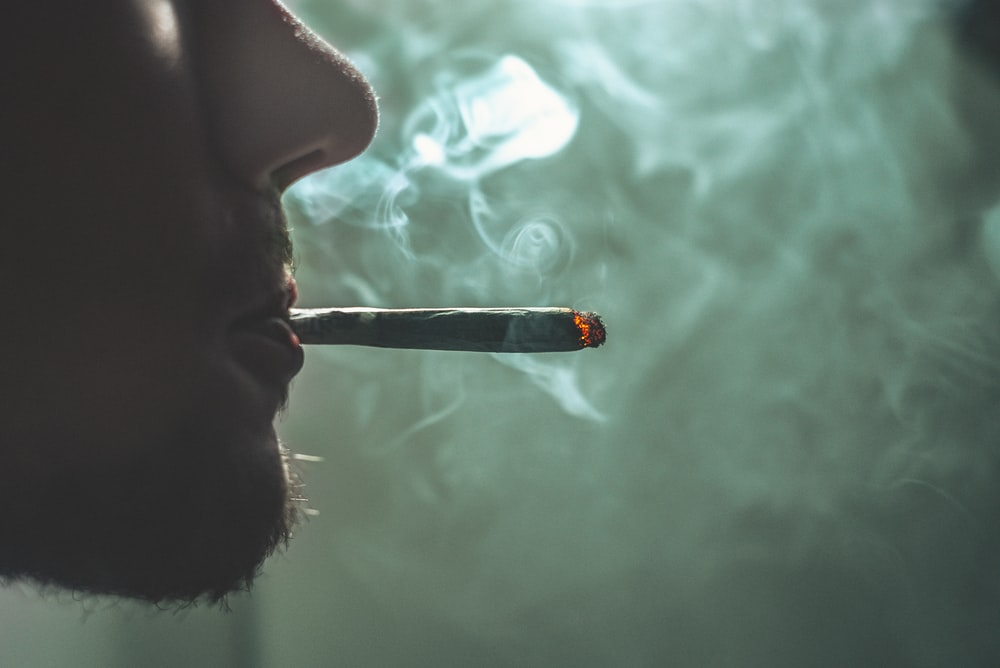
Mexican authorities differentiate between possession and intention to supply and/or manufacture drugs depending on how much of the drug you have on your person. Here’s a list of common drugs and the maximum amount that constitutes possession according to Article 479 of Mexico’s General Health law:
- 2g of opioids
- 50mg of morphine or heroin
- 5g of cannabis
- 500mg of cocaine
- 015mg of LSD
- 40mg of MDA, MDMA, or methamphetamine in crystal form. If it’s in tablet or capsule form, the total weight must not exceed 200mg
In simpler words, if the drugs on your person weigh less than the limits mentioned above, you’ll be charged with possession. In that scenario, you’ll face up to 7.5 years in jail and a fine worth 150 days of your salary as per Article 195 bis of the Federal Penal Code.
Medical Use
The laws and penalties regarding the possession of drugs for medical use are different than recreational use in Mexico. Mexican authorities do not launch criminal cases against people who rely on medicines containing narcotic substances for a pain-free life. However, this only applies if you’re able to produce your medical history and a prescription from a medical professional recognized by the Mexican government.
In some instances, patients that are incapable of taking medical drugs on their own rely on a next of kin to administer them. If you help someone take medicine containing drugs and they don’t have a valid prescription, you’ll be liable for up to 9 years in prison and a fine amounting to 180 days of your salary as per Article 197 of the Federal Penal Code. It’s also worth noting that if the person you’re administering drugs to is a minor and/or handicapped, Mexican authorities will increase your penalties by up to 50%.
Indigenous Ceremonies
Mexican authorities recognize that some drugs are commonly used during religious ceremonies held by indigenous minorities. In response, Mexico doesn’t press criminal charges against indigenous people carrying peyote or hallucinogenic mushrooms intended for their ceremonies.
Addiction
If you’re a drug addict and you’re charged with drug crimes in Mexico, you’ll be handed over to health authorities as per Article 199 of the Federal Penal Code. The judge presiding over your case will decide what type of treatment suits you depending on the severity of your addiction. For example, according to Article 67 of the Federal Penal Code, if you’re facing jail time and you have a severe drug addiction, you’ll undergo rehabilitation while you’re in prison.
The Importance of Hiring a Drug Possession Crimes Attorney
If you’re charged with drug crimes, it’s vital to hire a drug crimes attorney ASAP. They’ll use their experience and knowledge of Mexico’s judiciary system to help you build the best defense possible. Whether you’re addicted to drugs, or you require medicine containing controlled substances, if you’re charged with a drug crime, your best bet to minimizing the penalties you’re facing is to consult a seasoned drug possession crimes lawyer.
Firearms
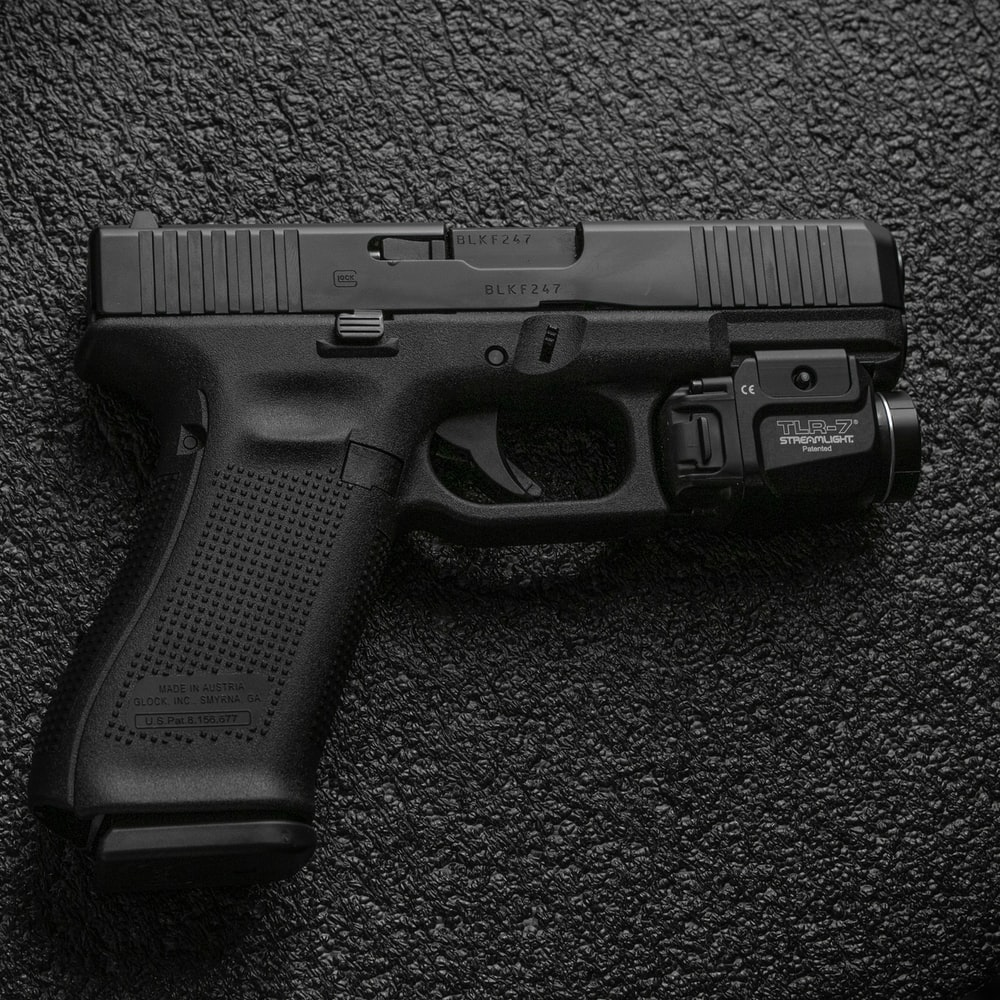
Legal Definition
Laws regarding firearms in Mexico are covered in the Federal Penal Code under the chapter on prohibited weapons. Therefore, it’s better to note what Mexico defines as a “prohibited weapon” as opposed to focusing specifically on firearms.
According to Article 160 of Mexico’s Federal Penal Code, prohibited weapons are instruments that have no reasonable application or purpose other than to attack and harm someone. In other words, weapons used in recreational activities such as competitive shooting or hunting aren’t prohibited. However, if you’re carrying a weapon for sporting purposes, the only way to remain lawful is by obtaining permits from the competition authority and Mexico’s Secretariat of National Defense.
Possession

It’s common for American travelers with gun permits to carry their firearms into Mexico. But if you think your American permit will cause Mexico’s authorities to treat you leniently, think again!
According to Article 160 of the Federal Penal Code, carrying a weapon in Mexico unlawfully will lead to three years of jail time and a fine worth 360 days of your salary. The only exception to this rule is if you’re a public servant on active duty and your work necessitates being armed. For instance, ATF officers regularly cross the US-Mexico border with firearms required for their self-protection.
Sales
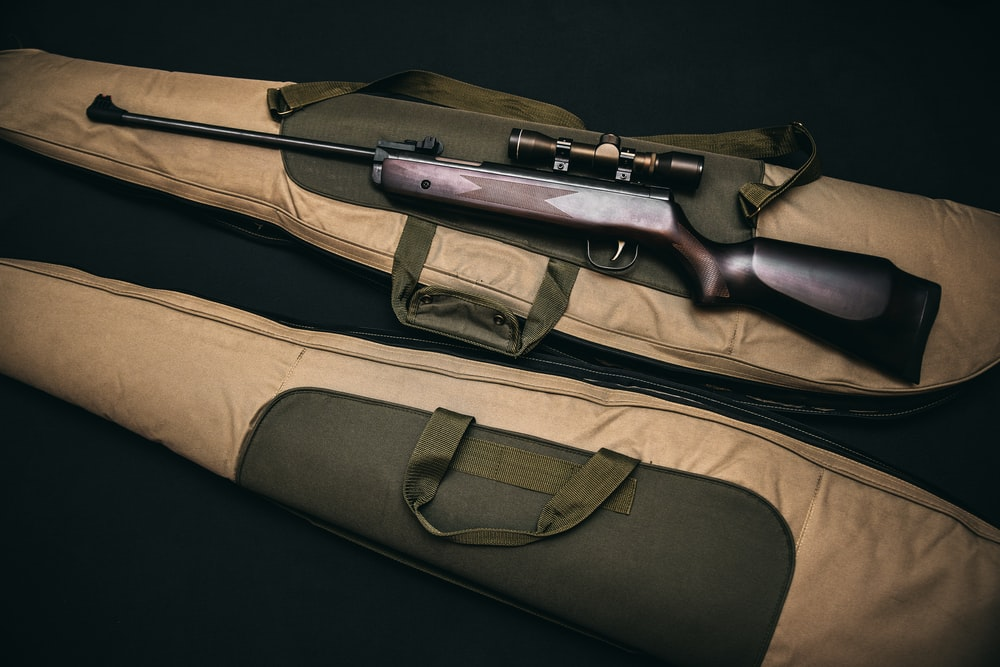
One of the biggest reasons why firearms are transported across the US-Mexico border is to be sold legally. Unfortunately, if you import weapons into Mexico without permission from the authorities, you’ll face up to 3 years in prison and a fine worth 360 days of your salary as per Article 160 of the Federal Penal Code. These penalties are applicable even if you give the weapons away for free!
According to Article 163 of the Federal Penal Code, the only bodies legally allowed to issue firearm import licenses in Mexico are the government’s executive branches. Additionally, only commercial establishments known to the government are given licenses to import and sell firearms in Mexico. In other words, it’s illegal for individuals to hold firearms import licenses and/or sell firearms in Mexico.
This is interesting because the number of firearms imported to Mexico every year is the highest it’s been in ten years. With laws on firearm imports into Mexico getting tougher by the year, the only explanation is that firearms are being imported illegally into Mexico. However, we don’t recommend being tempted by the popularity of illegal firearm imports unless you want to spend several years behind bars!
Carrying Licenses
US Gun Permits in Mexico
One of the biggest oversights American travelers make when entering Mexico pertains to gun licenses. Once you cross the US-Mexico border, you’re in a different country with different laws on gun licensing. In other words, if you have a license or permit to purchase and possess firearms in the United States, it has zero legal backing in Mexico!
Obtaining a Carrying License
Fortunately, it’s possible to request a license to bear firearms in Mexico if you meet two requirements as stipulated in Article 163 of the Federal Penal Code. Firstly, you’ll be asked to post bail for an amount set by the Mexican government. The amount of your bail depends on numerous factors such as your occupation and the caliber of the gun. If you want professional help to estimate your bail, we recommend consulting with a gun crimes attorney. They’ll let you know what size bails previous clients in your position were asked to post by the government.
Secondly, you’ll be required to prove your honorability and prudence when it comes to carrying firearms. This typically involves gathering five character references preferably from authority figures like public servants. The references should detail what aspects of your personality and character make you worthy of carrying a firearm license. Each character testimony should be written honestly and contain examples of situations where you proved your ability to carry a firearm honorably and prudently.
Farmers & Rural Workers
Unfortunately, it’s extremely difficult to obtain a license to carry firearms in Mexico unless you’re wealthy or politically connected. If you don’t have much money, the only way to get a firearms-carrying license in Mexico is to prove that you work on a farm or in a rural area. Farmers and rural workers are legally allowed to carry a handgun, .22 caliber rifle, and/or a shotgun. However, it’s illegal for them to bring these weapons into urban areas.
Sporting Licenses
Are you thinking about bringing a firearm into Mexico to take part in a sports competition? If so, there’s good news and bad news. The good news is that Mexican embassies and/or consulates in the United States are legally allowed to issue permits. However, the bad news is that they rarely do!
One of the biggest reasons why this occurs is because it’s extremely rare for a sporting event featuring guns to be held in Mexico. Unlike the United States, Mexico has no shooting ranges for civilian use and no public land to hunt on. In other words, the only way to obtain a firearm license for sporting purposes is if you know someone in Mexico that owns private land you can hunt on.
The Importance of Hiring a Firearms Crimes Attorney
No matter what type of gun crimes you’re charged with in Mexico, your best bet to building a credible defense is to hire an experienced firearms defense attorney. They’ll let you know whether you qualify for reduced sentencing based on the circumstances surrounding your case.
It’s also important to hire a firearms crimes attorney before applying for firearms carrying licenses in Mexico so you don’t end up on the wrong side of the law. We recommend asking them whether they’ve helped other clients successfully apply for licenses in the past. If they have, chances are they’ll give you an honest answer as to whether you qualify for Mexican firearms carrying license.

If you’re seeking a reputable drug and firearms attorney in Tijuana, consider Meneses Legal! Meneses Legal is led by Fabian Meneses, a top firearms and drug possession crimes attorney in Tijuana who has defended numerous travelers against cross-border drug and firearms charges. Fabian and his team are well-versed in every law discussed in this article in addition to Mexican laws on cross-border homicide, sexual assault, and contraband trafficking.
Discover why Meneses Legal is constantly lauded by its clients as being one of the best criminal defense lawyers in Mexico by messaging them today!

